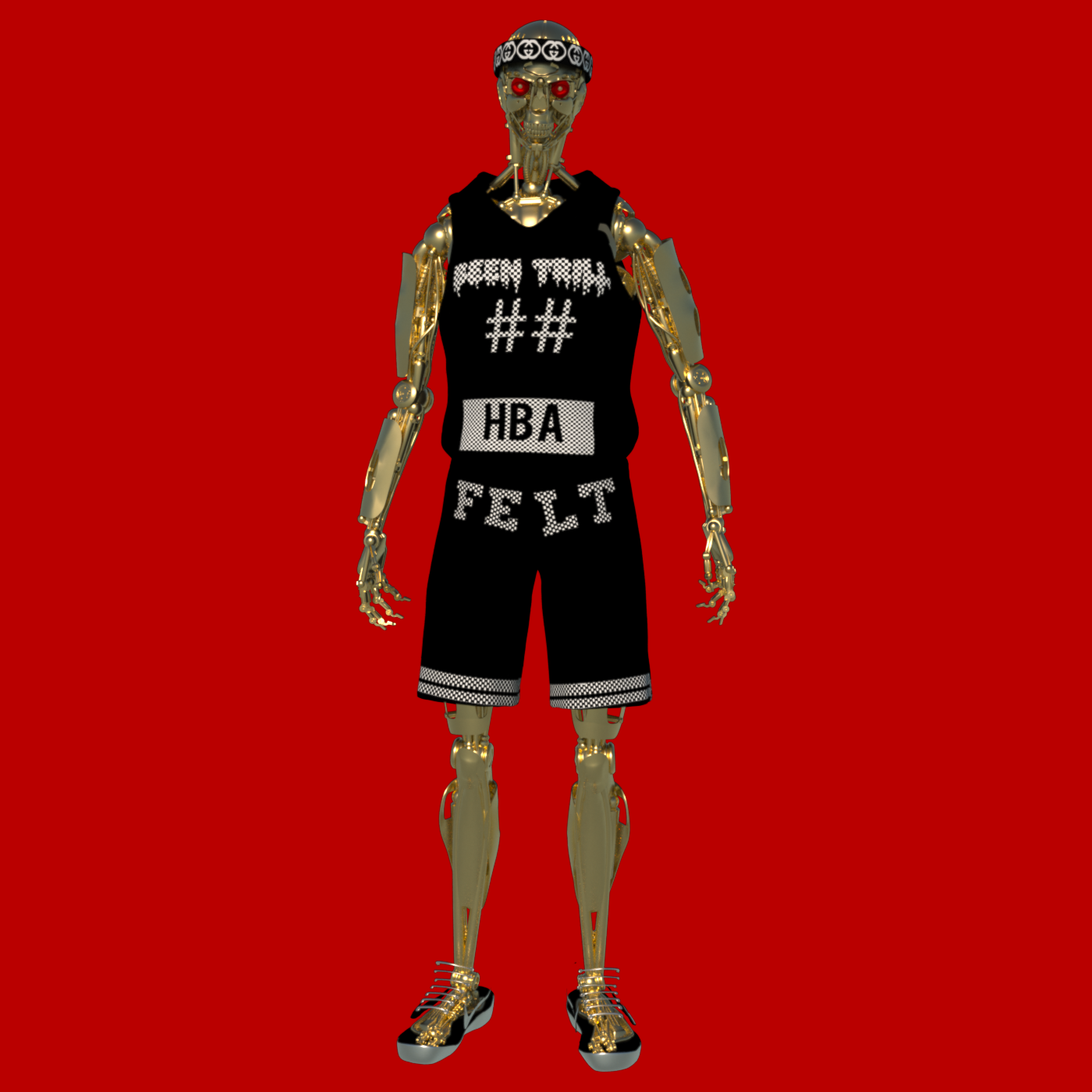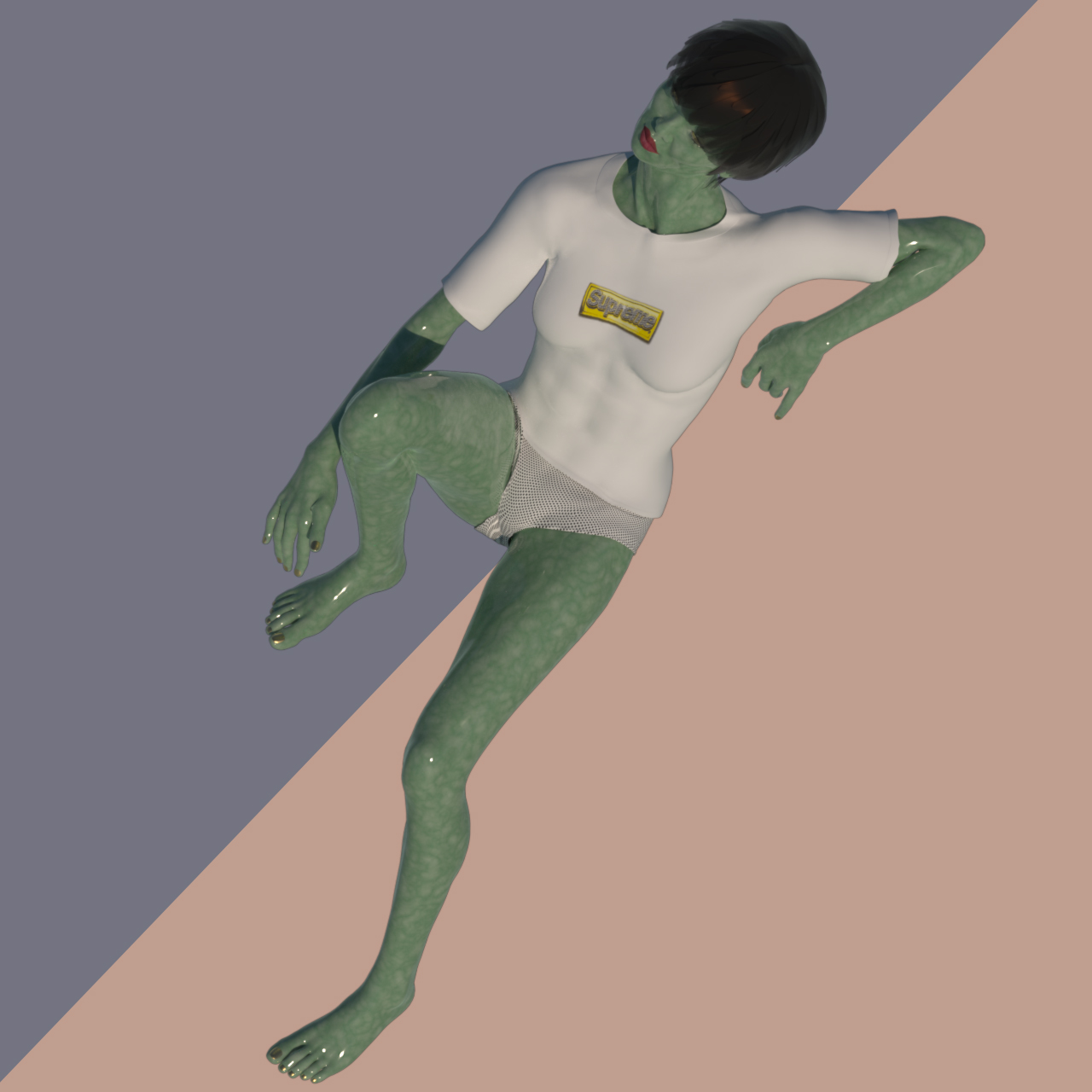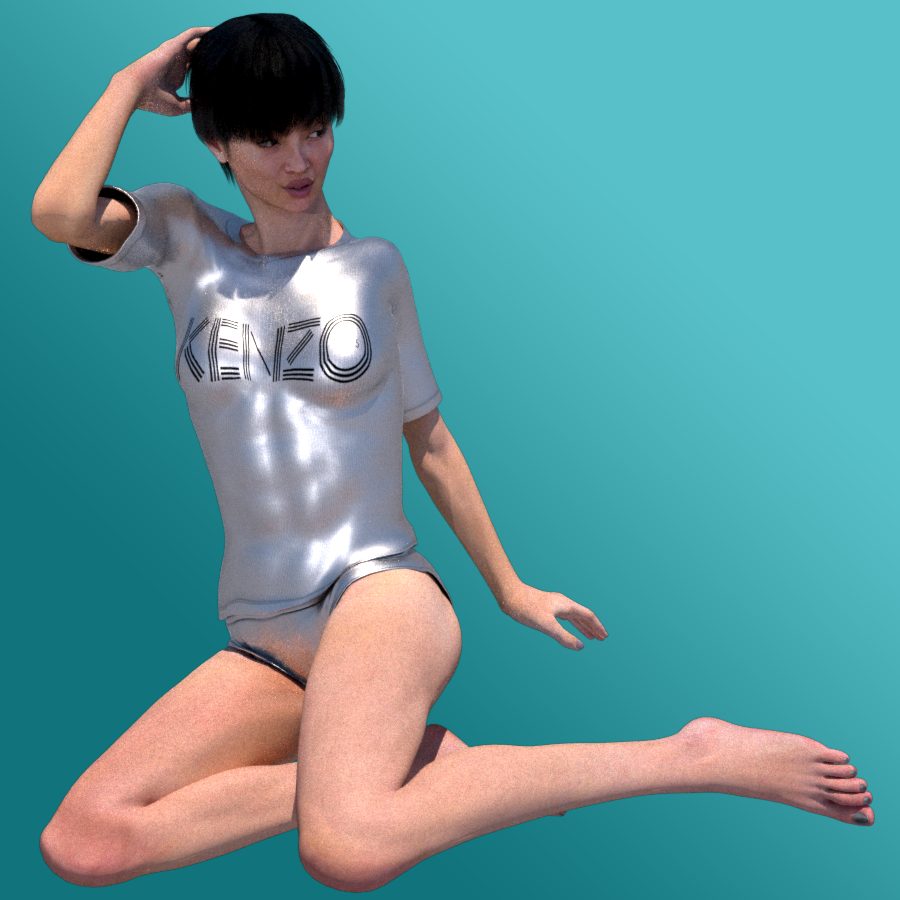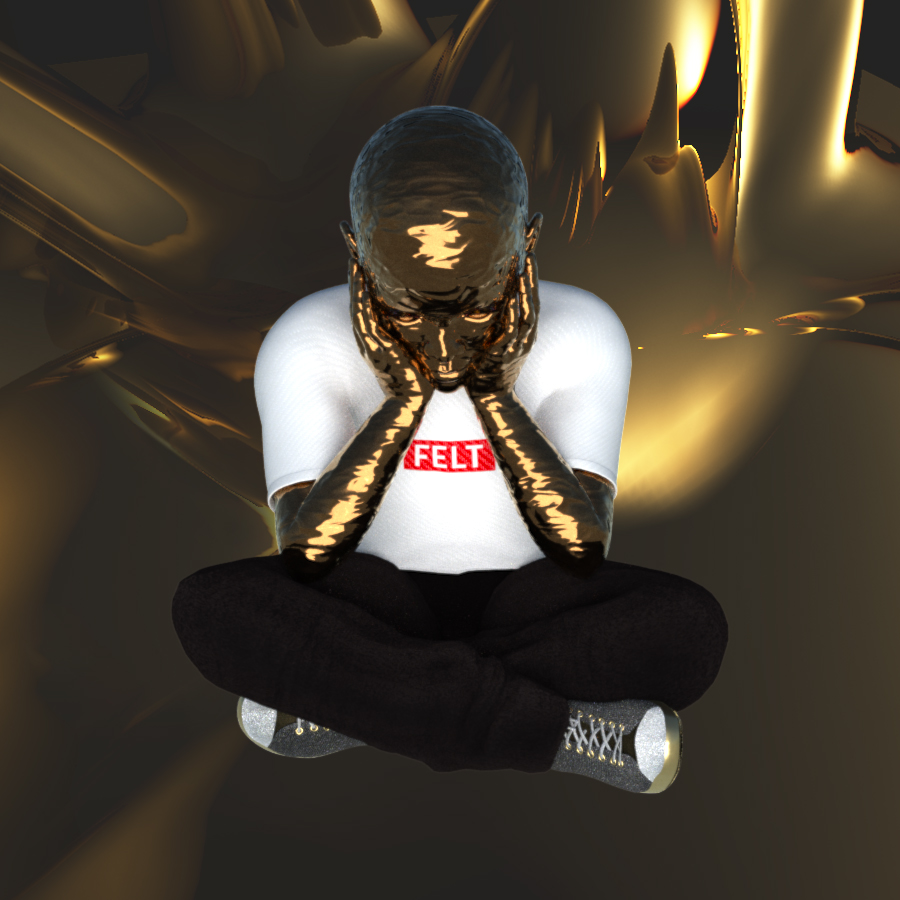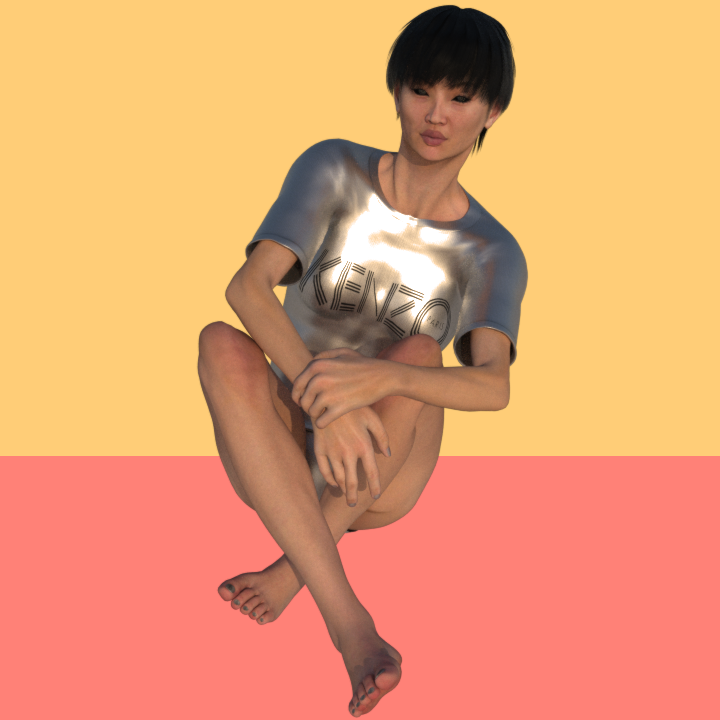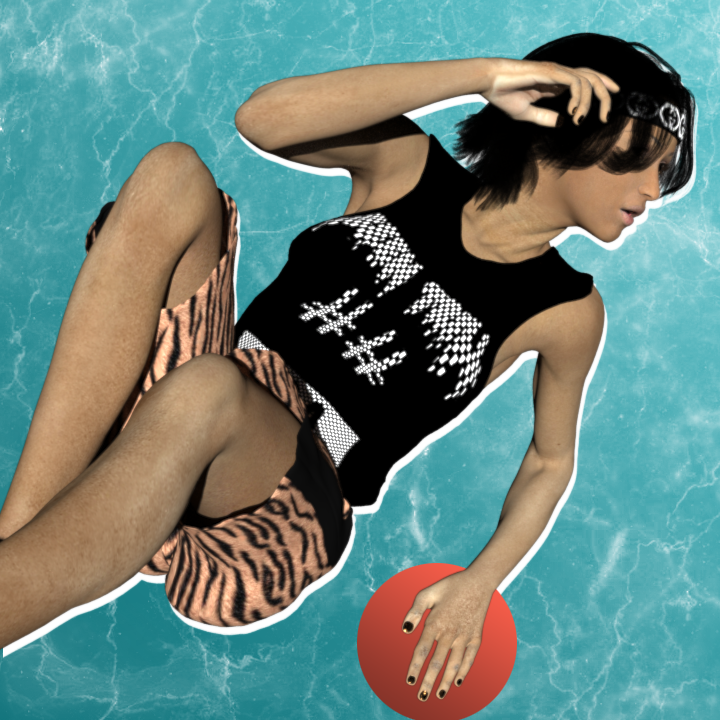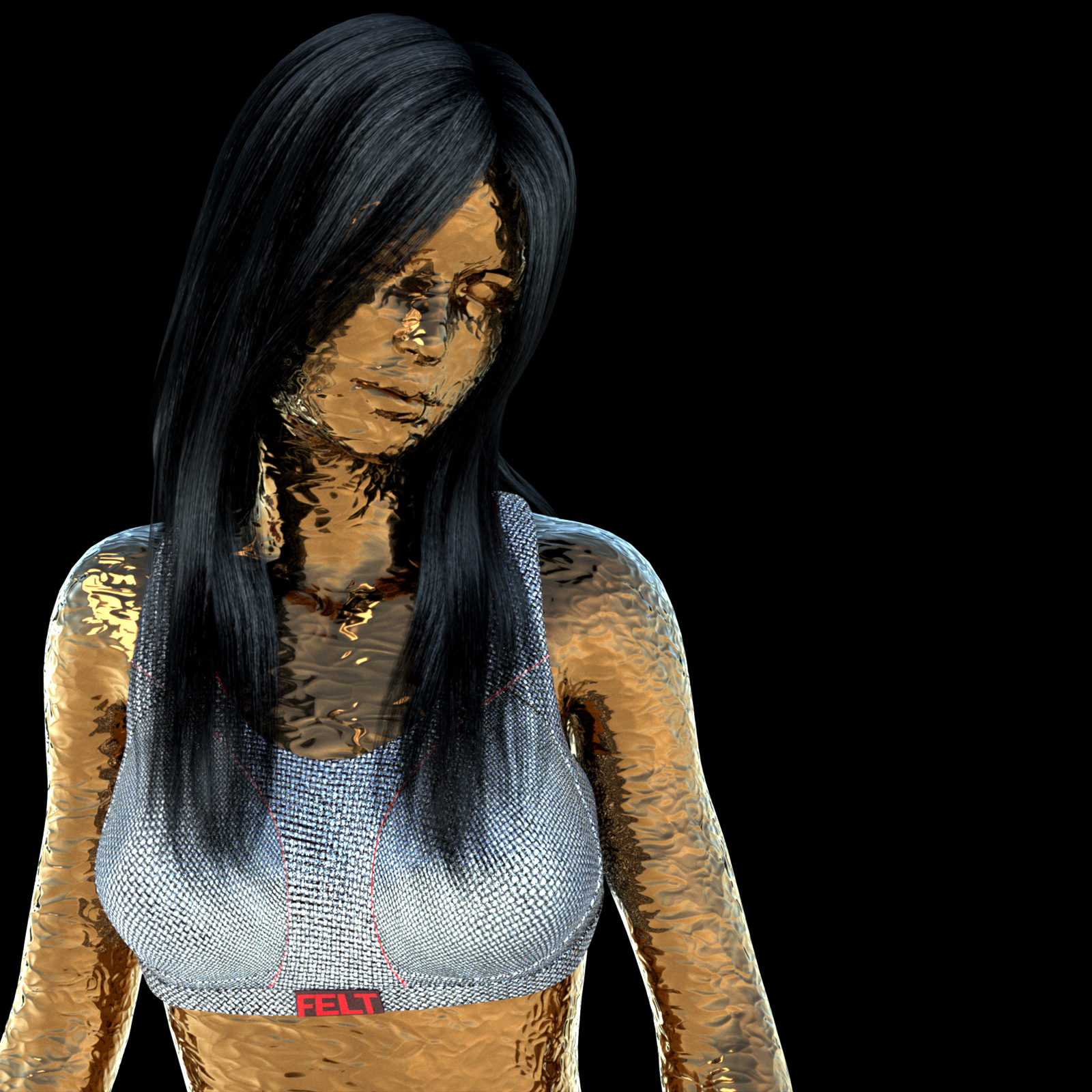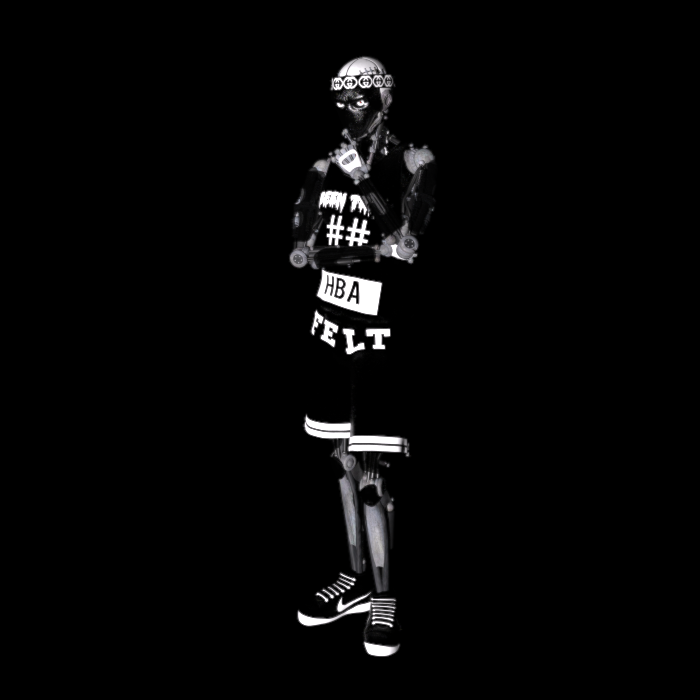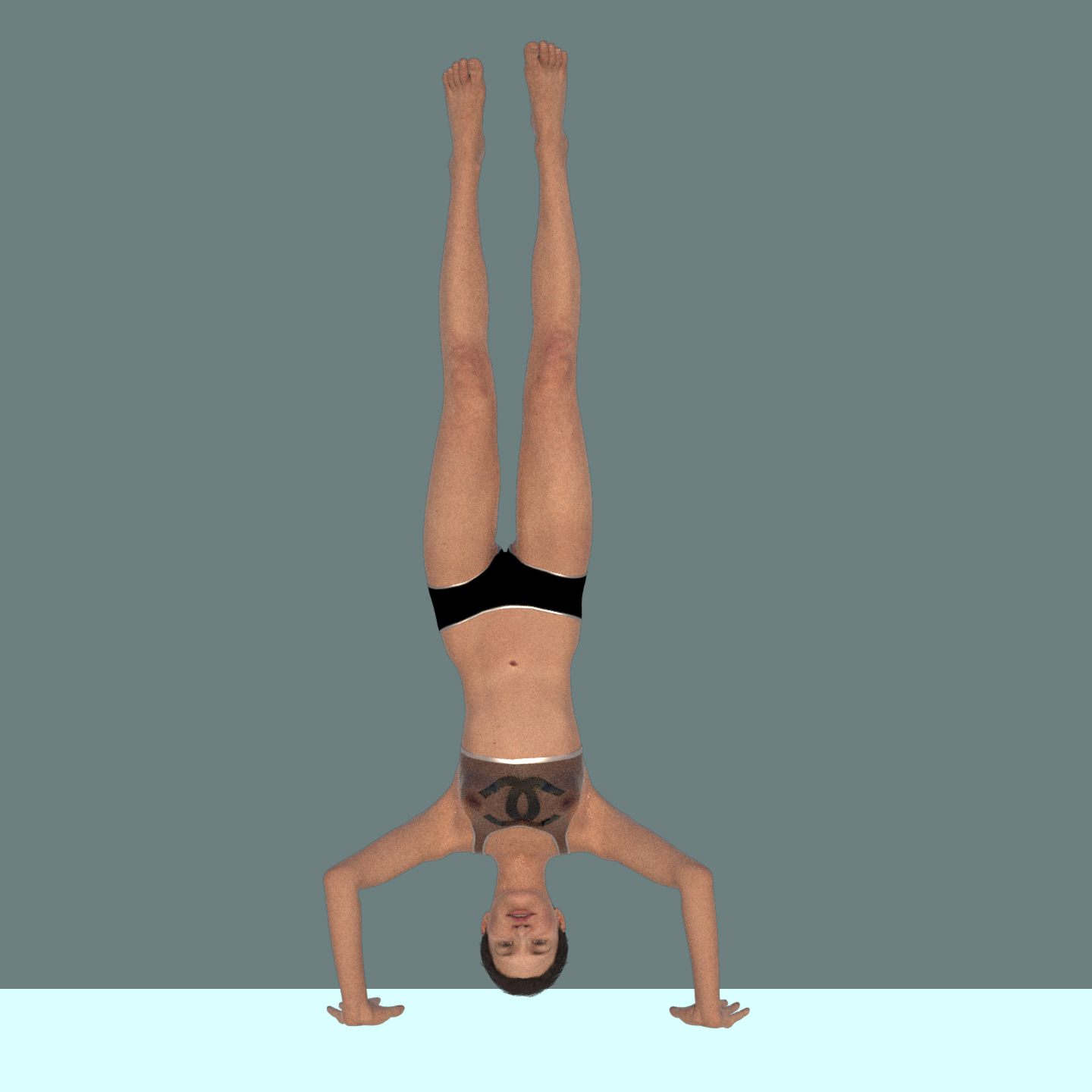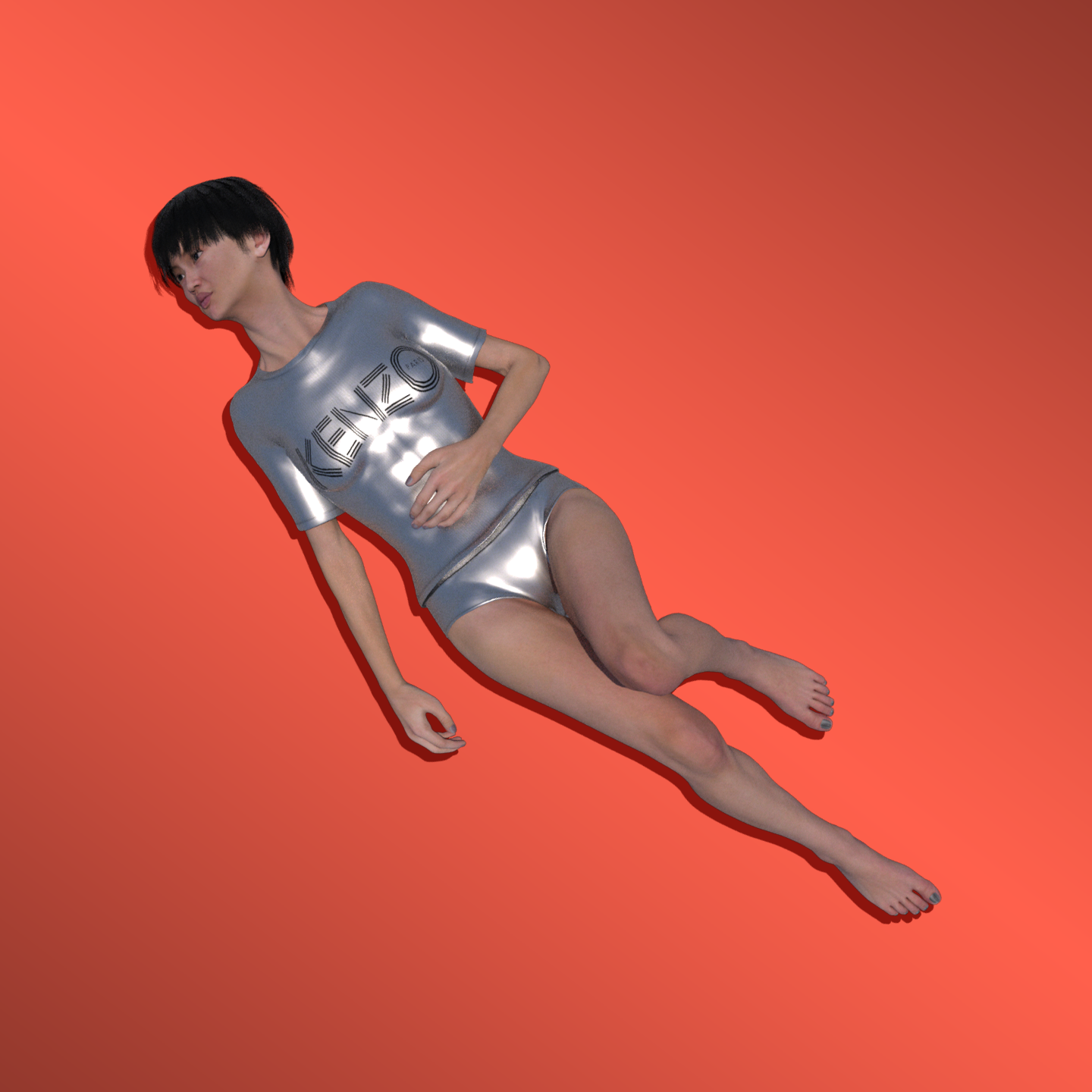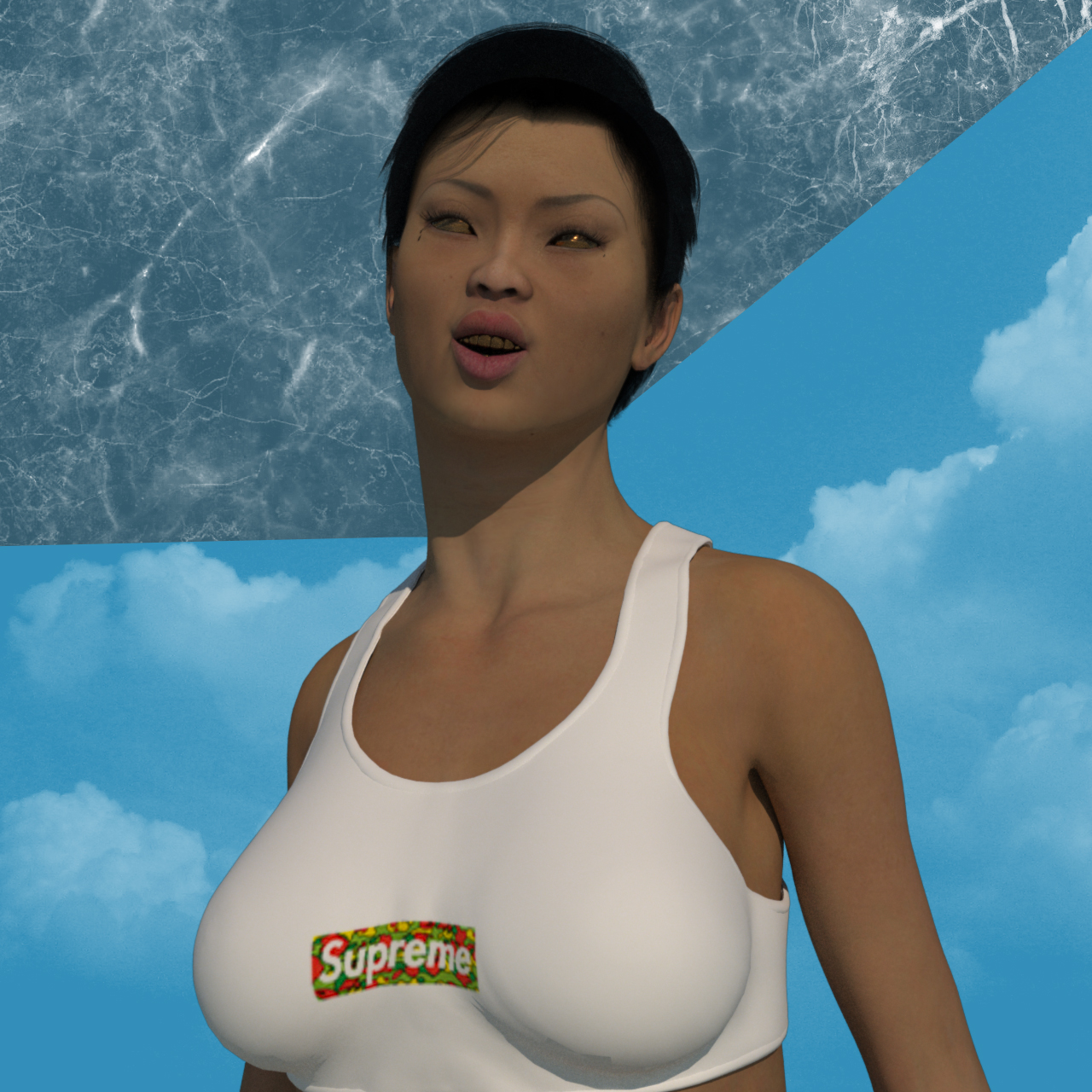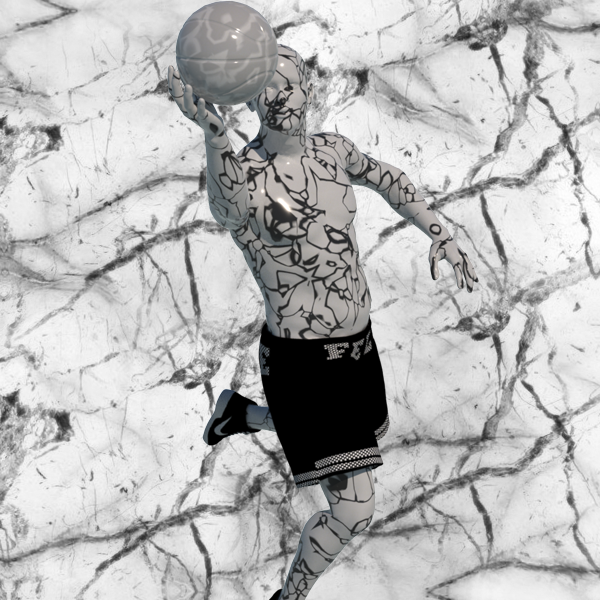Text: DeForrest Brown | Art: Mark Sabb
“The consumer lives in a present made possible by the temporal compression of others.”
- Douglas Rushkoff (Present Shock)
"Th[e] intimacy strewn with commodities yields entirely to advertising, and is entirely socialized as intimacy."
- Tiqqun (Theory of the Young-Girl)
The state of the present is clear: there is only total annihilation, feedback upon feedback upon feedback of faulty inventory. And at the end of the word, the items and experiences of history–the faulty inventory–are nothing but a vague and elastic goo that corrodes our established narrative. The future was always forecast to be a bundle of smiles, convenience and community; we were promised a world that was the ultimate summation of our efforts, but the banality of what actually manifested is devastatingly dull in comparison.
When one deals in cybernetics, in the indelible (hyper-) state of being, the original limb falls off. The cybernetic condition is far more poetic than it is actual; it allows distance, complete disengagement from a fundamental real. With the advent of the internet and items that tether us to hypertextual boundlessness, came the mass discarding and discrediting of the Real. There is a wasteland of scrap context in the future-present, the infinite and extendable possibility of technology replaced with a barren and scorched heap of non-functional models.
Cyborgeoisie | Modular Youth
The “Cyborgeoisie” class proposed by Mask Magazine, a mass-diagnosis for our times and our youth, contains an air of “privilege”—privilege being an axiom through which one re-engineers reality for their needs. As a consequence, persons are reduced to modules, objects of commodity wielded while ushering the thoughtless “modular youth” of our times. To echo a previous writing on the concept of modular, wasteful youth, “We interact with specific modules of a person rather than the full human.” Modular youth rest on a praxis of desire, a stiff binary of "want" and "don't want" with the "I" situated as a both seller and consumer.
Privilege
Privilege is a base standard, a function of capital resources, operating in the same way that a consumer operates: "The customer is always right." Though “right” here suggest a sense of control, that the consumer has made a choice. What is actually the case is a sense of being moved by the very thing that they want. The consumer exists in a space unto himself or herself, created by and for themselves, which is modeled after artificial things. If the "artificial" is generative/Real/material, then examples of the inorganic/plastic would be the branded or memetic, where its reputation precedes the very object to which it hopes to refer.
Capital
Capital is very real and requires very material types of knowledge production. Capital is both an arrangement of material things and a social relationship. The extent to which it is immaterial is based on the degree to which it is speculative. Inside of this, the terms of privilege are hyper-specific, it is an axiomatic and mover. Capital-realism constructs a reality that is firmly bound to the production of goods and a reputation to surround it, and the Modular Youth rejects any alternative, buying into limited possibilities of the micro-narratives that attach themselves to meager objects produced cheaply and quickly, then deemed valuable. The point of being modular here is that the youth modulates between prescribed states to be sold a reality at will, and the capitalist reality thickens.
Inventory
Inventory is a catchall phrase, a complete log of all things that exist within a setting. A complete list of items determines an idea of what is present, what one has to offer. Inventory implies not only turnover for a business but, defines and solidifies what the Modular Youth has to offer. If their stock contain “natural,” “organic” goods this simply implies that the product is analogue and tied to the real, despite “organic” being a brand unto itself.
There is nothing inherently wrong with “non-organic” things in a cybernetic context because the objects are still bound to being tool-like, held by and extending the reach of man. The inverse of an object is something that is completely unreal, i.e. fictitious, and thus unusable. These non-objects cannot interact with reality as we know it; the internet exists, a copy of it doesn't. A more specific example of this could be found in Baudrillard’s musings on the nature of the Simulacrum. He states “the real is produced from miniaturized units, from matrices, memory banks and command models”–all quantifiable and mobilized–whereas the Simulacrum is a zone or substituted reality without reference or bounds.
Strain
The idea of strain becomes so contentious when it's extended toward the elite. The cyborgeoise doesn't like to be told “no.” The nature of neo-materialism, speaks to a re-branding and purposing of art. The commodity precedes that of the object within the situation for the capital-realist, and the avant-garde is no longer a system of re-engineering the environment within which one acts for generative and ingenious results, but a way to sidestep boundaries in accordance to one's own rules, for one's own sake–we call this "creative freedom".
Commodities
The deconstruction and re-engineering of “constructed situations” are the obvious ends to a society that's founded on commodity and icons (referents). Postmodernism only hyper-commodified the commodities by using endless references and in-genuine satires, and capital realism only put those abstractions to work. Along with the metaphysical, quasi-religeous, nature of the internet, we've been slingshot into a situation of desperately attempting to define what is real and who we are: Endless deconstruction and commoditization (of icons and goods) are strangling us. When the reality begins to separate from its original, only to be photocopied further and distributed the process of breakdown begins to occur.
The Void
The slow dismantling of originals and context becomes bewildering. “If you look long enough into the void, the void begins to look back through you,” so goes the infamous Nietzsche quote. In context, the void is of our own making. Readymade readymades have appeared in the form of GIFs and memes, and with that the context for tangible, socially engaging art has dissolved into a unitary ambiance. The end of history, the concretely and deliberately constructed moment, is the end of the Real.

